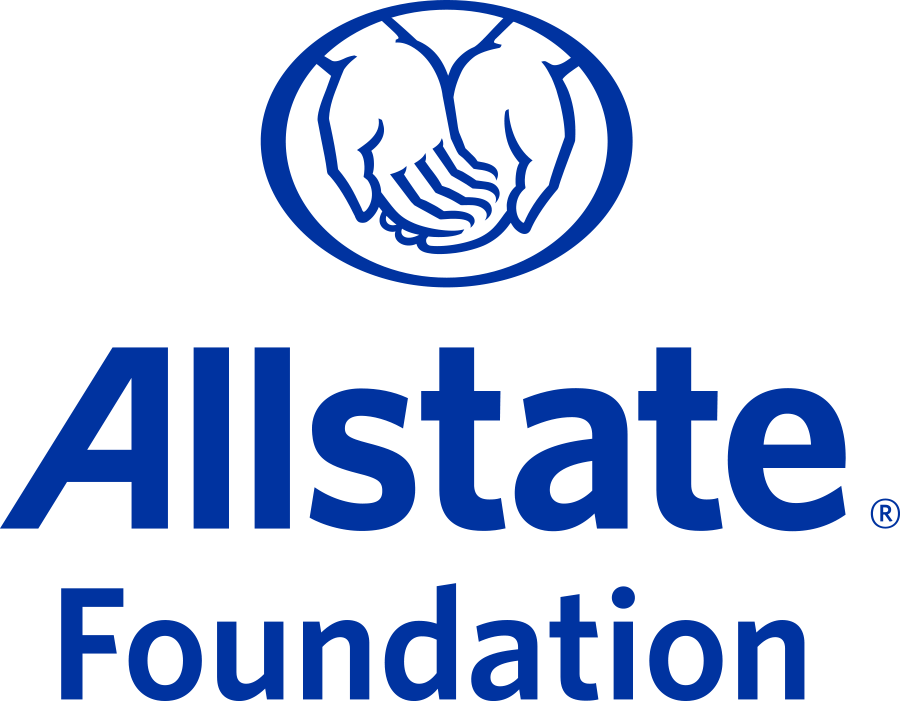Rape Prevention & Education Grant Program
The Nebraska Coalition has received funding from the Centers for Disease Control and Prevention (CDC) to support sexual violence prevention efforts across the state, with a focus on communities experiencing higher rates of violence. This funding helps improve community conditions so that everyone has a fair opportunity to live safe and healthy lives.
Prevention strategies under this grant include:
- Supporting policies that strengthen families and promote economic stability.
- Expanding financial security programs to reduce stressors linked to violence.
- Partnering with schools, businesses, and workplaces to create safer environments.
- Improving community spaces to foster safety, connection, and well-being.
- Shifting social norms to promote respect and prevent harm.
Statewide Impact
Using the RPE funding, the Nebraska Coalition conducted a system-wide capacity assessment to evaluate how well the organization and its staff can lead prevention efforts that include ensuring every Nebraska has fair health and safety opportunities. The assessment included feedback from Nebraska Coalition staff, as well experts, local survivor advocacy organizations, and other community partners. The process included:
- Evaluation of Nebraska Coalition staff's knowledge and skills
- Mapping of resources, assets, and data sources
- Evaluation of organizational partnerships
- Assessment of support and training needs
Through the capacity assessment, several key priorities were identified:
- Expanding Resources for Prevention
- Need: The Nebraska Coalition needs more resources to prevent violence and ensure every Nebraskan has a fair opportunities for health and safety. The organization's ability to build and expand partnerships for this work is limited by a lack of money, data, and staff.
- Plan: The Nebraska Coalition will secure resources for violence prevention. It will collaborate with local survivor advocacy organizations to secure adequate funding, data, and staff in local communities. The Nebraska Coalition will provide internal training and professional development opportunities to ensure staff understand the community and social issues that affect prevention, how to get partners involved in prevention, create prevention messages, and how to support prevention efforts.
- Improving Data Collection & Sharing
- Need: The Nebraska Coalition, local survivors advocacy organizations, and statewide partners need more detailed and open-source data on violence in Nebraska. The lack of relevant data limits efforts to prevent violence, build healthy and safe communities across the state, and also measure the impact of those efforts.
- Plan: The Nebraska Coalition will collect and analyze data to inform decision-making regarding prevention priorities, resources, and staffing, as well as to evaluate its violence prevention and community development efforts. The Nebraska Coalition will help local survivor advocacy organizations do the same. The Nebraska Coalition will build relationships with relevant partners across the state to explore data sharing.
- Strengthening Community Engagement
- Need: As experts in violence prevention, the Nebraska Coalition recognizes the need to provide prevention-related services and support. However, most who contact the Nebraska Coalition are looking for training (77%) or resources (86%) generally focused on survivor support and advocacy. Fewer people look to the Nebraska Coalition for help supporting public policy efforts (30%) or requesting one-on-one help (28%) generally focused on prevention and community development.
- Plan: The Nebraska Coalition will increase services and support focused on prevention and community development. The Nebraska Coalition will raise awareness of these new and existing offerings focused on prevention and community development.
- Building More Partnerships
- Need: The Nebraska Coalition needs more diverse partners in its prevention work. Statewide violence prevention efforts are limited by a lack of partnership beyond the anti-violence movement and in rural communities.
- Plan: The Nebraska Coalition will invest time and resources to build and maintain relationships with more diverse partners to support violence prevention and build healthy and safe communities. The Nebraska Coalition will help local survivor advocacy organizations do the same.
Local Impact
The Nebraska Coalition has worked with the Nebraska Department of Health & Human Services to distribute CDC Rape Prevention & Education grant funding to a limited number of survivor advocacy organizations across the state. The grant provides 5 years of funding to develop, implement, and evaluate community prevention strategies in partnership with local community members, schools, and organizations.
2024-29 Funded Projects
In 2024, three new programs were selected to receive funding, including:
- Center for Survivors in Columbus is:
- Implementing a 12-week Building Healthy Relationships Program in local middle and high schools
- Launching a local Green Dot Program.
- The S.A.F.E. Center in Kearney is:
- Implementing a Creating Healthy Relationships bystander campaign for youth
- Growing a Safe Bars program for local bars and restaurants
- Providing financial coaching to individuals and families at risk or currently experiencing poverty, housing insecurity, food insecurity, or exposure to other factors that lead to violence
- Launching a local Green Dot Program.
- Voices of Hope in Lincoln is
- Implementing Teen Healthy Relationships Groups for local high school students, which include cohorts of 8-10 students who meet for 8 weeks during school hours.
- Working with local university staff, peer mentors, and student athletes to foster awareness and active bystander intervention skills on college campuses.
- Collaborating with local nonprofits, agencies, and religious groups to expand prevention strategies and reach community members who are at a higher risk for sexual violence.
- Launching a local Green Dot program.
2018-23 Funded Projects
From 2018 to 2023, three programs received funding, including:
- Center for Survivors in Columbus that engaged high school students in a Building Healthy Relationships Program, which increased students’ confidence in identifying healthy/unhealthy relationships, domestic violence, and sexual assault.
- The S.A.F.E. Center in Kearney coordinated a Safe Bars training, which increased bar and restaurant staff’s understanding of active bystander techniques.
- Women's Center for Advancement in Omaha convened the Girls Leadership Academy which engaged teens in financial fitness, goal setting, career exploration, health, and wellness programming.


